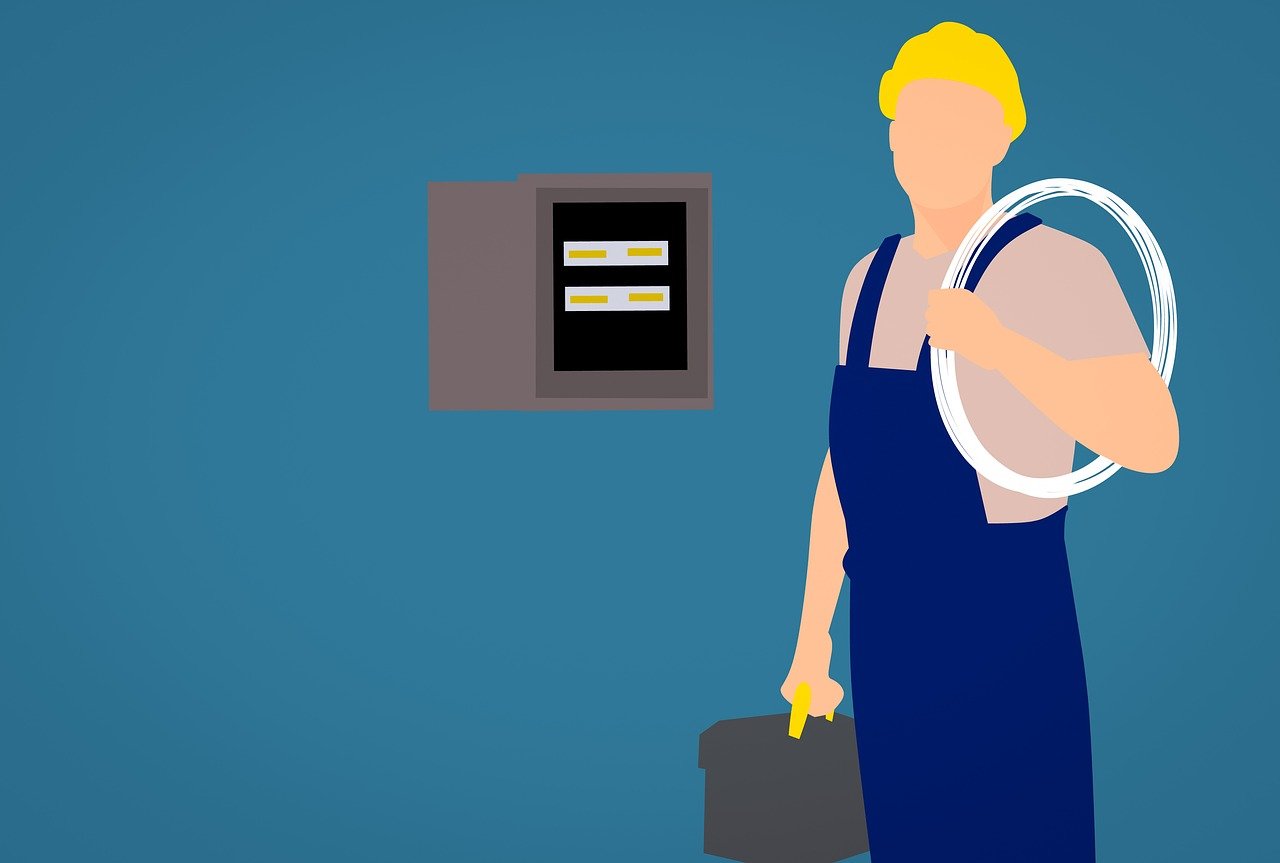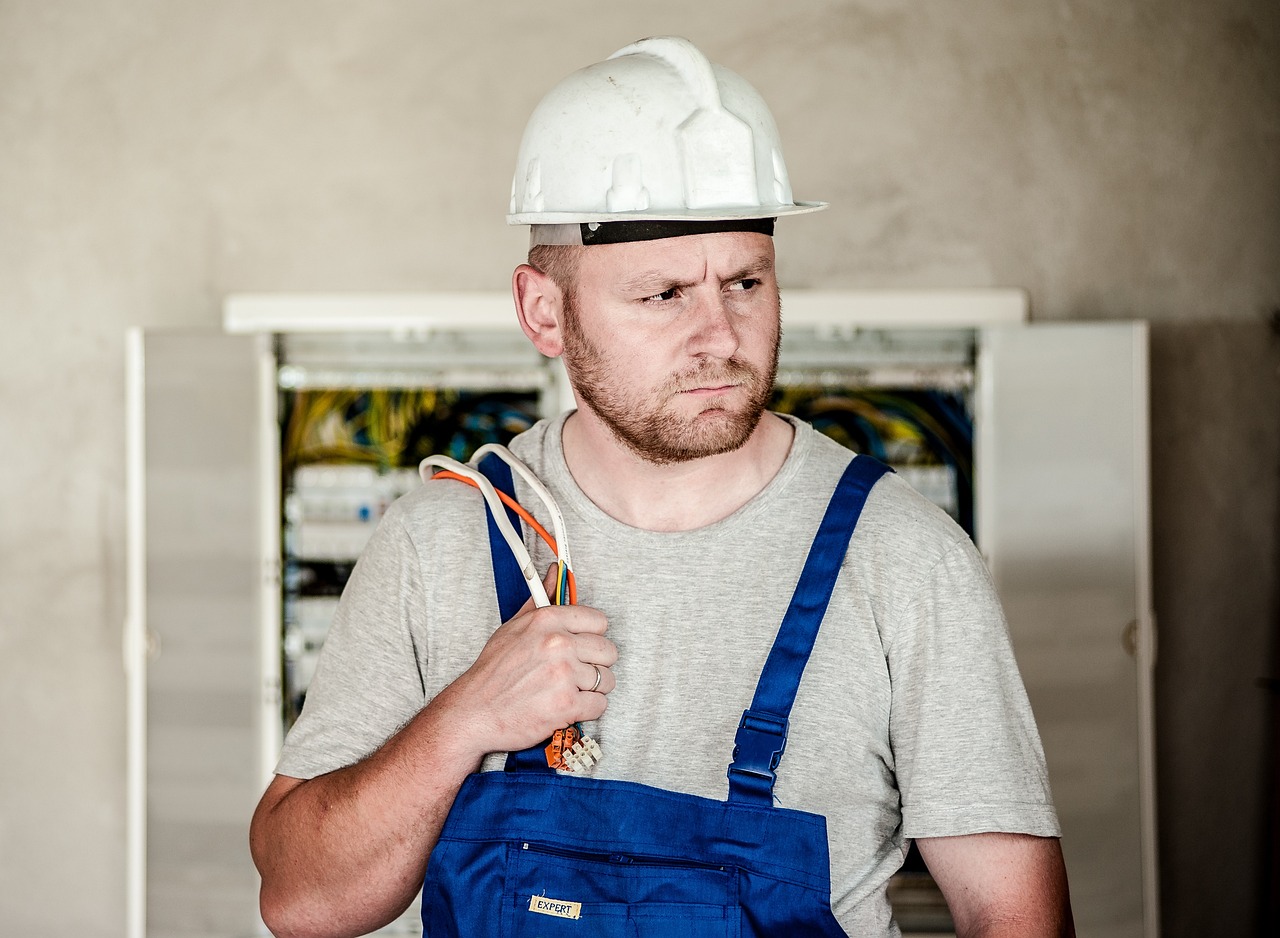Congratulations on completing your home’s rewiring project! Now that the electrical system in your home has been updated, it’s important to maintain it to ensure its longevity and safety.
As a homeowner, there are steps you can take to maintain your electrical system post-rewiring and avoid potential hazards.
Firstly, it’s important to understand the basics of your home’s electrical system. This will help you identify potential issues and know when to call in a professional electrician.
Additionally, conducting regular inspections and maintenance can help prevent costly repairs down the line. By upgrading outdated components and practicing electrical safety habits, you can help keep your home and family safe.
So, let’s dive into some electric contractors’ tips for maintaining your home’s electrical system post-rewiring.
Understanding Your Home’s Electrical System
You’ll want to familiarize yourself with your home’s electrical system so that you can easily identify any potential issues. Home electrical safety should be a top priority for any homeowner, and understanding your electrical system is the first step in ensuring it’s safe and functioning properly.
A basic understanding of your electrical panel, circuit breakers, and wiring can help you identify common electrical issues such as flickering lights, tripped breakers, or electrical shocks.
The electrical panel is the central hub of your home’s electrical system and is typically located in a utility room or basement. It contains circuit breakers that control the flow of electricity throughout your home. If you notice that a circuit breaker keeps tripping, it may be an indication of an overloaded circuit.
Wiring issues can also cause electrical problems, such as loose or frayed wires that can cause electrical shocks or even fires. By understanding your home’s electrical system, you can identify these issues and contact an electrician to make necessary repairs.
Conducting Regular Inspections and Maintenance
Regular inspections and maintenance are essential to keep your rewired electrical setup safe and functional. Checking connections and cleaning fixtures should be done at least twice a year. Loose connections can cause arcing, which can result in electrical fires.
Cleaning fixtures, on the other hand, can prevent dust and debris from accumulating, which can lead to overheating and damage to the wiring. Testing circuit breakers and inspecting wiring should also be included in your regular maintenance routine.
Circuit breakers protect your home from overloading, but they can also wear out over time. It’s important to test them periodically to make sure they’re still functioning properly. Inspecting wiring, on the other hand, can help detect any damage or wear and tear that may have occurred since the rewiring.
Any issues found during these inspections should be addressed immediately to prevent any potential hazards.
Upgrading Outdated Components
Upgrading outdated components is crucial for ensuring the safety and efficiency of your home’s electrical setup. As technology evolves, so should your electrical system.

Replacing fixtures that are outdated or damaged can prevent potential electrical hazards, such as sparks or fires. Updating outlets is another important aspect of upgrading your electrical components.
If your outlets are old or faulty, they can cause power surges, short circuits, or even electrocution. Replacing your outlets with newer, safer models can improve the functionality of your electrical system and prevent accidents.
Remember, it’s always better to be proactive when it comes to your home’s electrical system. Upgrading outdated components can save you money in the long run and give you peace of mind knowing that your home is safe.
Practicing Electrical Safety Habits
Let’s make sure we’re keeping ourselves and our loved ones safe by practicing good electrical habits in our daily lives. Electrical safety tips are important to follow, especially after rewiring your home.
One of the most common hazards to avoid is overloading your electrical system. This can cause your circuit breakers to trip or, worse, start a fire. Make sure to spread out your electrical usage evenly throughout your home and avoid using too many high-wattage appliances at the same time.
Another important aspect of electrical safety is the proper use of electrical appliances. Always read and follow the manufacturer’s instructions, and avoid using damaged or frayed cords and plugs. Never touch electrical appliances with wet hands, and keep them away from water sources.
By taking these precautions, you can prevent accidents and ensure that your home’s electrical system remains safe and reliable for years to come.
Knowing When to Call in a Professional Electrician
If you’re not sure about the safety of your electrical setup, don’t hesitate to call in a professional electrician. They can ensure the well-being of you and your family. While it may be tempting to try DIY troubleshooting for common electrical issues, such as flickering lights or tripping breakers, it’s important to remember that electricity is dangerous and can cause serious harm if mishandled.
A licensed electrician will have the training and expertise needed to properly diagnose and fix any problems, ensuring your home’s electrical system is working safely and efficiently. Some common electrical issues that may require the help of a professional electrician include faulty wiring, outdated electrical panels, and overloaded circuits.
Faulty wiring can be a major safety hazard, potentially leading to electrical fires or electrocution. Outdated electrical panels may not be equipped to handle the amount of electricity needed for modern appliances and electronics, causing them to overheat and potentially catch fire. Overloaded circuits can also be a danger, as they can cause electrical appliances to malfunction and potentially start a fire.
By calling in a professional electrician, you can rest assured that these issues will be properly addressed, ensuring the safety of your home and family.
Frequently Asked Questions
Can rewiring my home improve its energy efficiency?
Yes, rewiring your home can improve its energy efficiency by reducing energy consumption. This can lead to significant savings in your energy costs over time.
What are some common electrical hazards that homeowners should be aware of?
To ensure your safety, be aware of warning signs of electrical hazards such as flickering lights or burning smells. Take electrical safety measures such as avoiding overloading outlets and regularly checking electrical appliances for damage.
How often should electrical panels be replaced?
If you notice flickering lights, circuit breaker tripping, or burning smells, it may be time to upgrade your electrical panel. Signs of outdated panels include rust, corrosion, and wear and tear. Consider upgrading for safety and efficiency.
Are there any government regulations or safety codes that apply to home electrical systems?
You must follow government regulations and electrical safety codes to ensure the safety of your home’s electrical system. These codes outline the proper installation and maintenance procedures for electrical components to prevent fires, shocks, and other hazards.
How can I tell if my home’s electrical system is overloaded?
To ensure electrical safety and prevent overload, look for warning signs such as flickering lights, tripped breakers, and burning smells. Consider installing additional circuits or upgrading your electrical panel to handle increased demand.
Conclusion
So, to sum it up, maintaining your home’s electrical system post-rewiring is all about being proactive and vigilant. By understanding how your electrical system works, conducting regular inspections and maintenance, upgrading outdated components, and practicing electrical safety habits, you can ensure that your home remains safe and functional for years to come.
However, it’s important to know when to call in a professional electrician for more complex issues or if you’re unsure about how to proceed. With these tips in mind, you can rest easy knowing that your home’s electrical system is in good hands.



